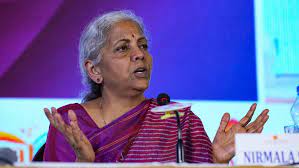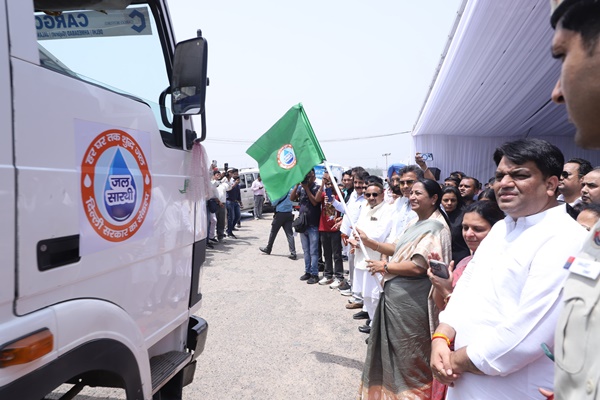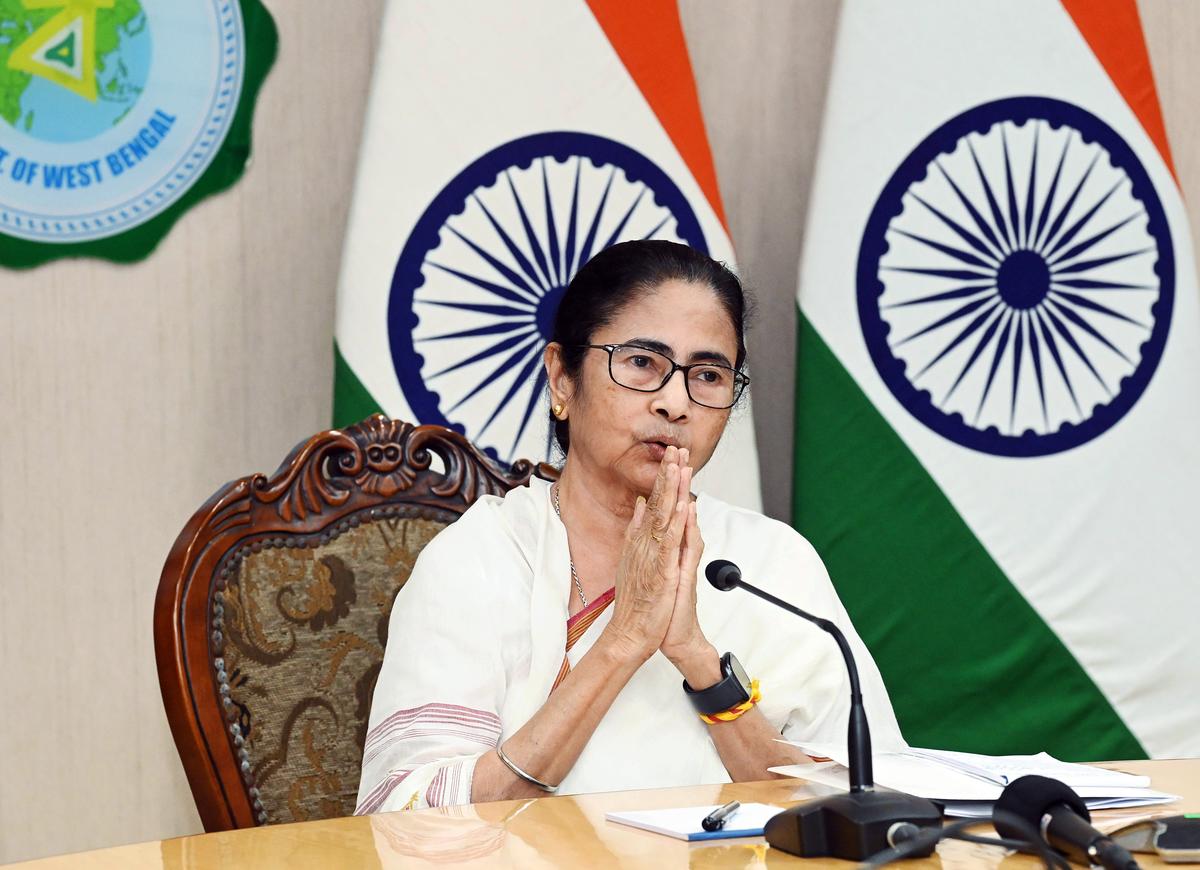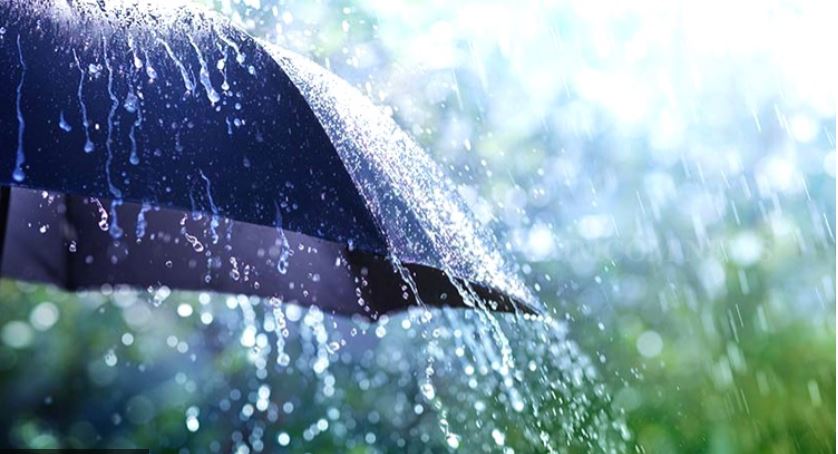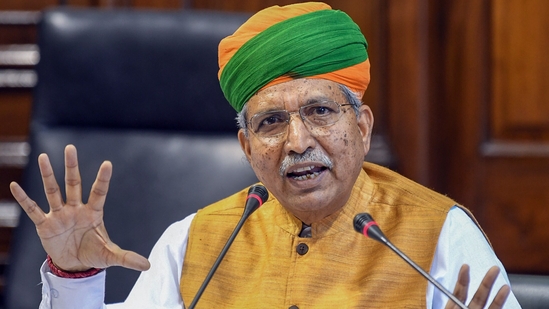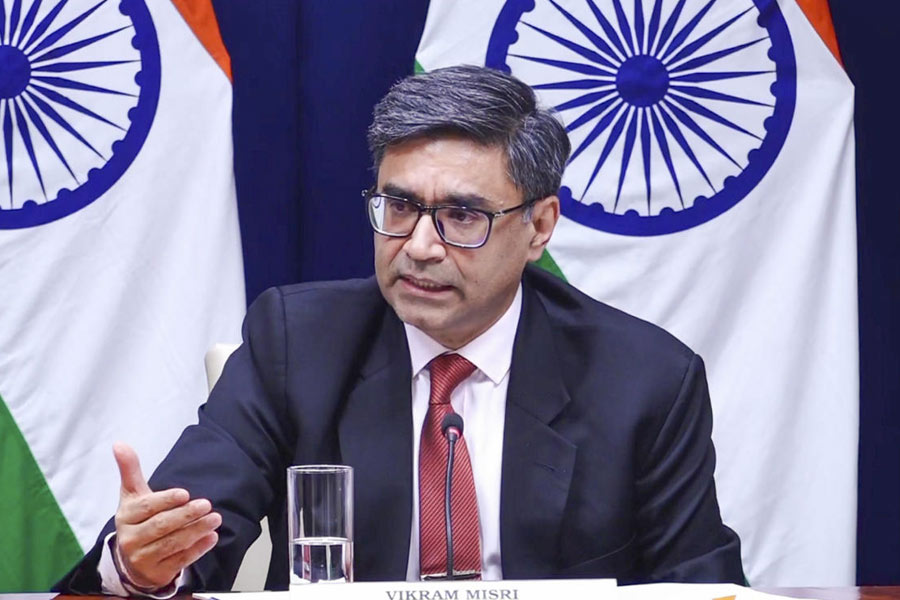Bomb attack in Iraq targets Kirkuk oil pipeline
Sun 26 Feb 2017, 11:48:54
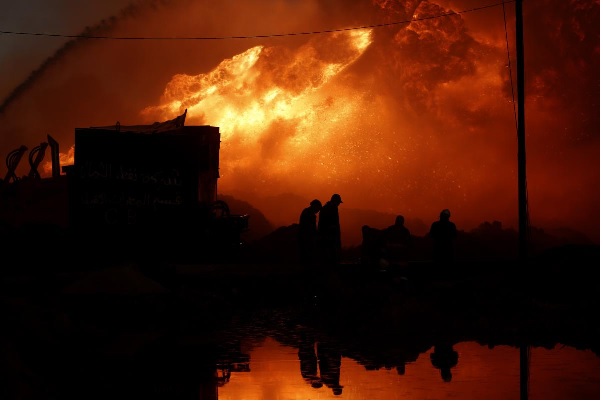
Four bombs were detonated today near a minor pipeline from an oilfield close to the northern Iraqi city of Kirkuk, security and oil industry sources said.
The pipeline delivers crude from the Bai Hassan oilfield to a degassing station in Kirkuk. Pumping had been halted for maintenance at the time of the blasts, security sources and officials at the state-run North Oil Company said, according to Middle East Eye.
“Four bombs blew up near a pipeline in Bai Hassan oilfield this morning, causing a fire. Firefighters are trying to put out the blaze,” said an oil engineer.
One member of the Kurdish security forces was killed and two were wounded when three more bombs exploded as they approached the location of the first blast, a Kurdish security member said.
The attack came shortly after Iraq and Iran signed a memorandum of understanding to study the construction of a pipeline to export crude oil from Kirkuk via Iran.
The agreement, signed in Baghdad by the oil ministers of the two countries last week, also calls for a commission to solve a conflict about joint oilfields and the possible transportation of Iraqi crude to Iran’s Abadan refinery, it said.
The pipeline would help Iraq diversify the export routes of crude produced in Kirkuk and reduce its reliance on transit through the Kurdistan Regional Government’s
(KRG) territory.
(KRG) territory.
Baghdad has a troubled relationship with the Kurdish authorities that control the route of the existing pipeline from Kirkuk to the Turkish Mediterranean port of Ceyhan.
The flow of Kirkuk crude was interrupted for several months last year as the Iraqi government disagreed with the Kurds on their share in the national oil revenue and budget.
Iraqi Oil Minister Jabar Al-Luaibi said in the statement that he also agreed with visiting Iranian counterpart Bijan Zanganeh to cooperate on the policies of the Organization of the Petroleum Exporting Countries (OPEC).
The two neighbours are OPEC’s second and third largest producers after Saudi Arabia. Iraq produces and exports most of its crude from the southern region.
On Friday, the KRG complained that it had not been consulted over the pipeline deal and warned that excluding Kurds could lead to further problems.
“It is being discussed again. But we don’t believe the talks will materialize to action, as no one has consulted the KRG,” the KRG’s director general for relations between Erbil and Tehran, Abdullah Akraye, told Rudaw.He added that disregarding “consultations with the KRG will certainly cause problems for the deal”.”Exporting Kirkuk’s oil to Iran without consulting the Kurdistan Region will face problems, and Iran knows this well.”
No Comments For This Post, Be first to write a Comment.
Most viewed from International
Most viewed from World
AIMIM News
Latest Urdu News
Most Viewed
May 26, 2020
Do you think Canada-India relations will improve under New PM Mark Carney?
Latest Videos View All
Like Us
Home
About Us
Advertise With Us
All Polls
Epaper Archives
Privacy Policy
Contact Us
Download Etemaad App
© 2025 Etemaad Daily News, All Rights Reserved.

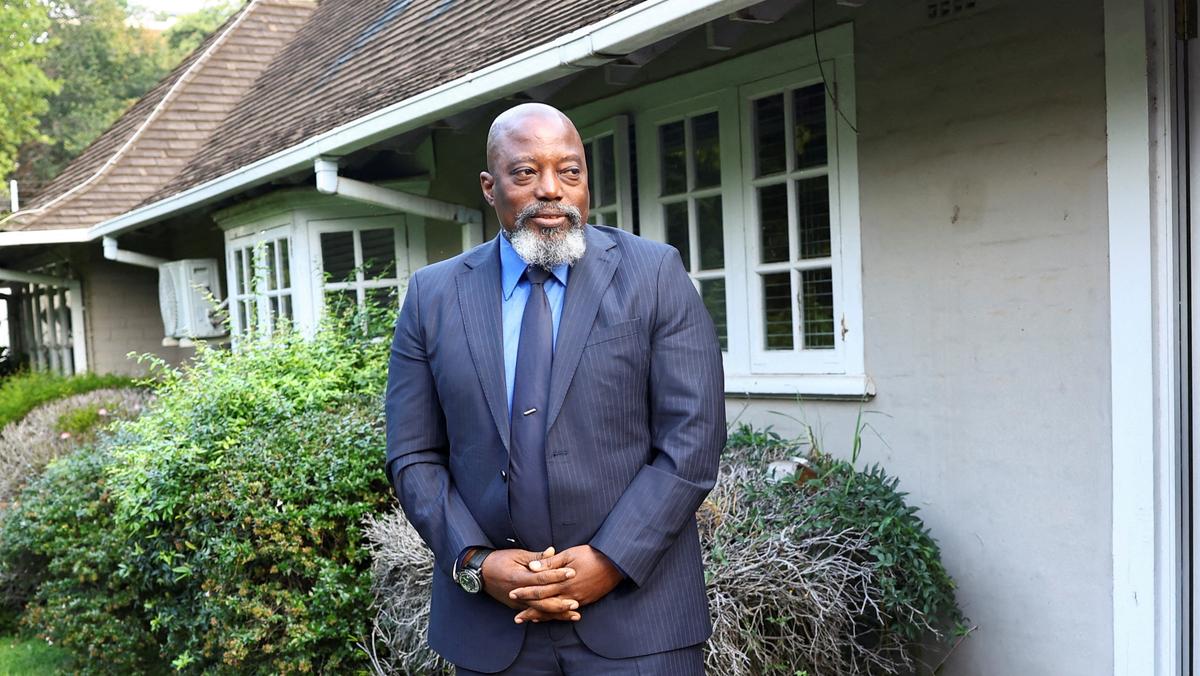

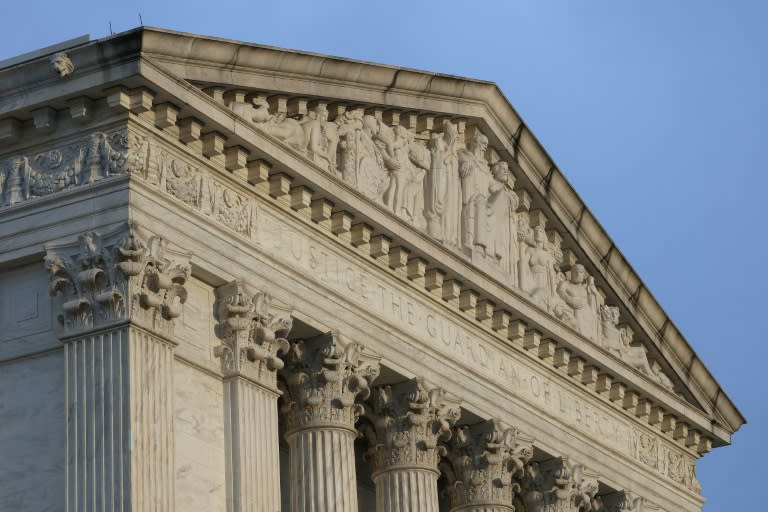
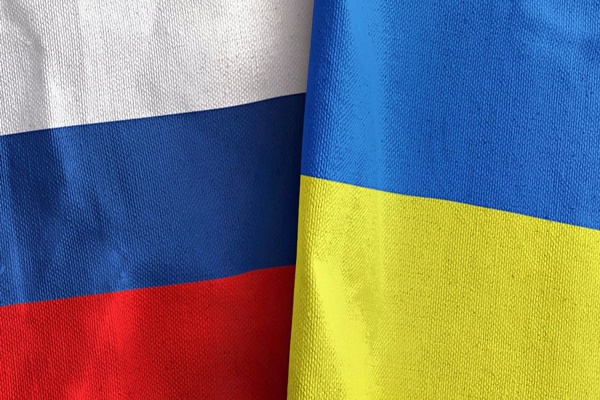
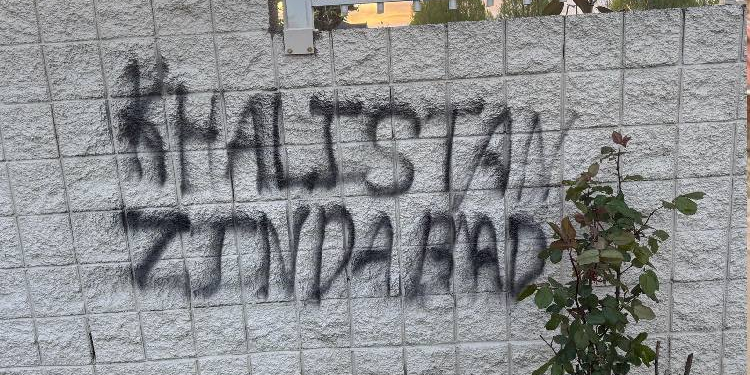




.jpg)


